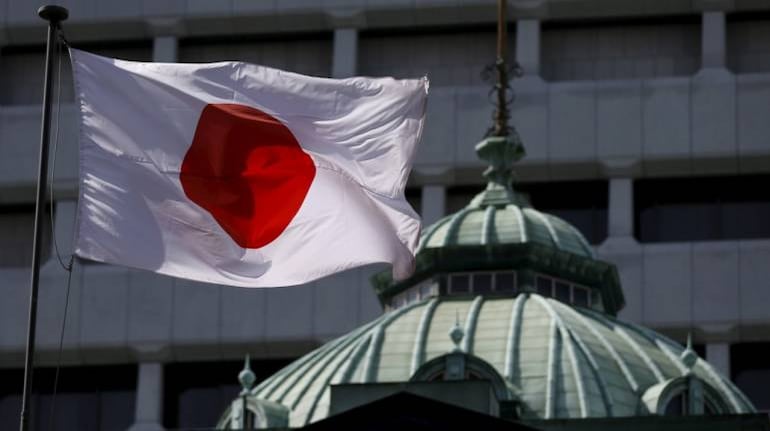



Much of Japan kicked in its government “state of emergency” to curb COVID-19 infections Friday, as well as a less stringent “quasi-emergency,” although worries remained about their effectiveness.
Those requiring hospitalization grew to more than 168,000 people, and complaints have surfaced about hospitals turning patients away.
The emergency, which lasts through Sept. 12, requests restaurants and bars to close at 8 p.m. and not serve alcohol, and shopping malls to limit crowd size.
New daily COVID-19 cases totaled 25,146 people nationwide, averaging 20,307 a day this week, up from 14,729 last week, the Health Ministry said.
The government decided earlier this week to expand the emergency to 13 areas, up from six, including Tokyo and Okinawa. The quasi-emergency now covers 16 prefectures or areas, so about two-thirds of Japan is under some restrictive measure.
About 40% of adults are now fully vaccinated. About 15,500 people have died from COVID-19.
Discover the latest Business News, Sensex, and Nifty updates. Obtain Personal Finance insights, tax queries, and expert opinions on Moneycontrol or download the Moneycontrol App to stay updated!
Find the best of Al News in one place, specially curated for you every weekend.
Stay on top of the latest tech trends and biggest startup news.